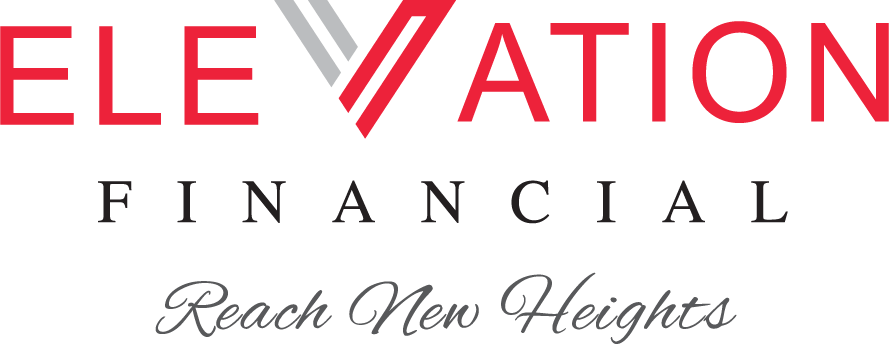Taxes are an inevitable part of working life. Though there’s no way to avoid them completely, there are several tax writeoffs you should be aware of in order to reduce your personal and business tax load.
Taxes
Counterintuitively, by itemizing deductions, taxpayers can use the amount they pay in certain taxes to reduce the amount they pay in others. For instance, property taxes, sales taxes, and state and local income taxes may serve as tax deductions on federal tax returns.
Education Expenses
Education expenses such as college tuition and interest on student loans can trigger tax credits and/or deductions. To learn more about education expenses as related to taxes, check out the IRS page on the topic.
Medical and Dental Expenses
Medical and dental expenses can also be deducted while itemizing. Per the IRS, you can “deduct only the amount of your total medical expenses that exceed 7.5% of your adjusted gross income.”
Self-Employment Expenses
Freelancers and small business owners often face a harsh reality during tax time: They may have to pay regular income taxes on top of the self-employment tax, which comes in at an additional 15.3%, per the IRS. However, by deducting expenses from their income, individuals can lower the amount of money that is taxed, thereby reducing the amount of business tax they owe. Here are several items that you may be able to write off to reduce your taxable income:
- Equipment.
- Phone, internet, and subscription bills.
- Health insurance costs.
- Travel and meal costs, if relevant to business operations.
- Vehicle usage.
This is not an exhaustive list, and items you can deduct may change from year to year. Therefore, if you are self-employed and/or run a business, be sure to read up on the latest changes from the IRS to stay up to date and reduce your business tax amount by as much as possible.
For more information on financial topics, take a look at Elevation Financial’s other blog posts.

